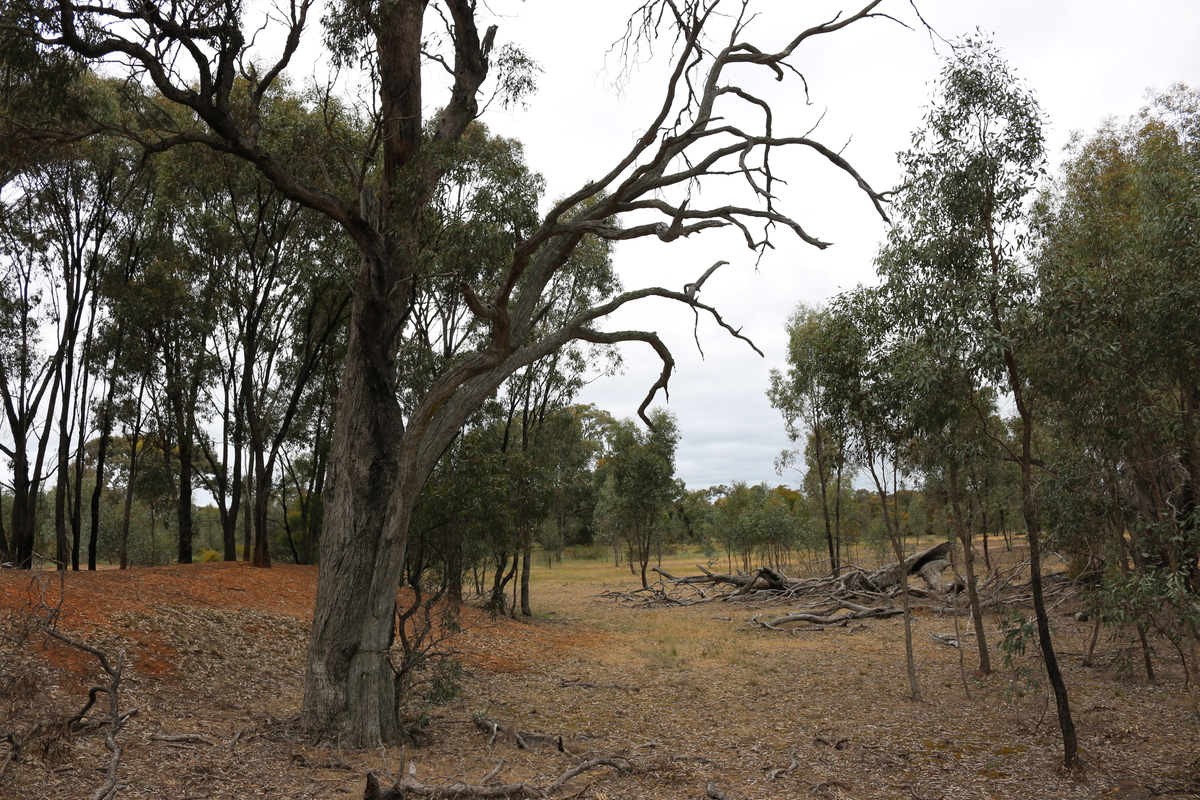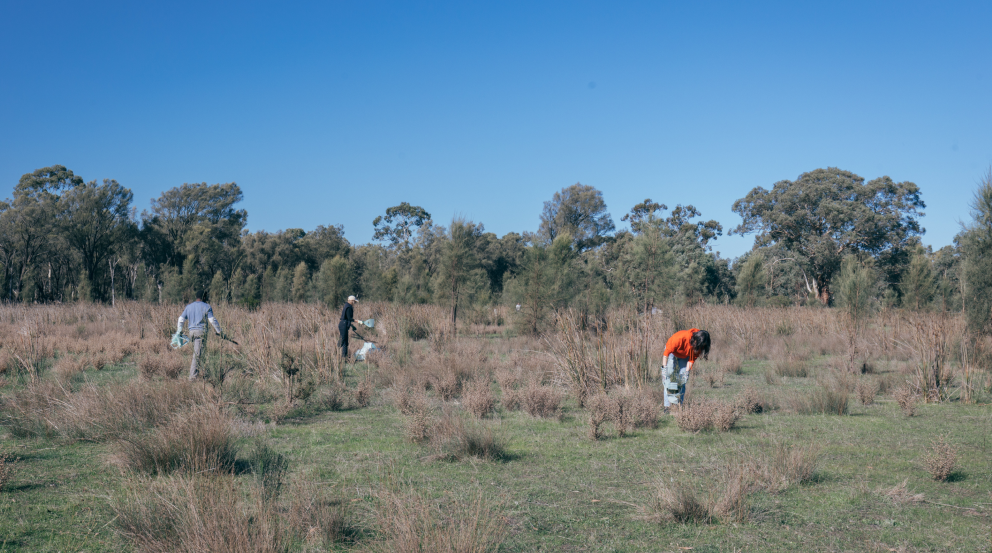Did you know that pollinators such as bees, as well as some species of birds and bats are driving forces for biodiversity? Over 75% of the world’s flowering plants rely on insect pollinators such as the blue banded bee to reproduce, and without these important pollinators we would lose thousands of our native plant species.
The Australian Blue Banded Bee
These beautiful native bees are widespread in urban and regional areas; you might find one in your backyard!
Distinguishable by their big eyes and bright blue belts around their abdomen, they are believed to increase crop production by 30%.
Some flowers only release their pollen when they are vibrated rapidly, and this is known as buzz pollination. The Blue Banded Bees are great buzz pollinators and will help pollinate plants in your garden such as tomatoes, kiwi fruit and eggplants.
Blue Banded Bees live a mostly solitary and peaceful life, the females dig little borrows in the ground or in logs and don’t usually travel more than 300m from their nest to forage.
They are vulnerable to predation from birds and insects. They also have increased competition from introduced species and habitat fragmentation when their woodland habitats are cleared.
How you can help
Everyone in the community can support the beautiful Blue Banded Bee and other hard working pollinators by:
- Planting flowering plants in a range of species and colours to provide food
- Restraining from unnecessary use of insecticides which can kill pollinators
- Build new homes for our native pollinators. When pruning, bundle hollow stems together in the garden to welcome cavity nesting insects, or you can build a portable clay home for the Blue Banded Bee.
On the Bank Australia Conservation Reserve we work alongside our partners Greening Australia and Trust for Nature to rehabilitate woodland and connect the fragmented habitats where the Blue Banded Bees live.








